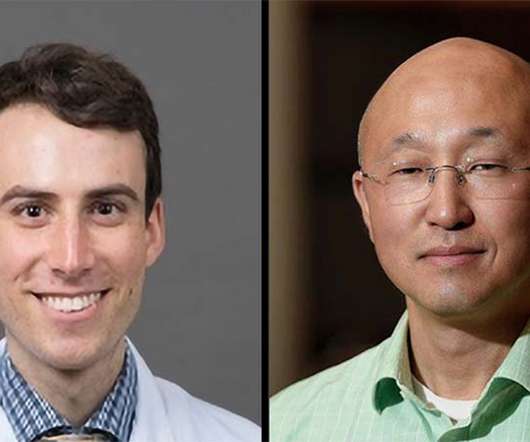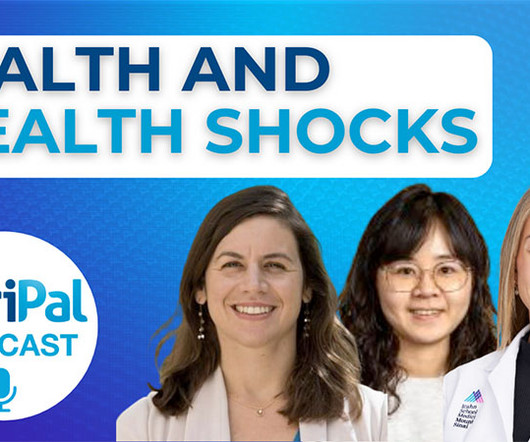GeriPal 300th Episode: Ask Me Anything Hot Ones Style
GeriPal
FEBRUARY 29, 2024
Accreditation In support of improving patient care, UCSF Office of CME is jointly accredited by the Accreditation Council for Continuing Medical Education (ACCME), the Accreditation Council for Pharmacy Education (ACPE), and the American Nurses Credentialing Center (ANCC), to provide continuing education for the healthcare team.













Let's personalize your content